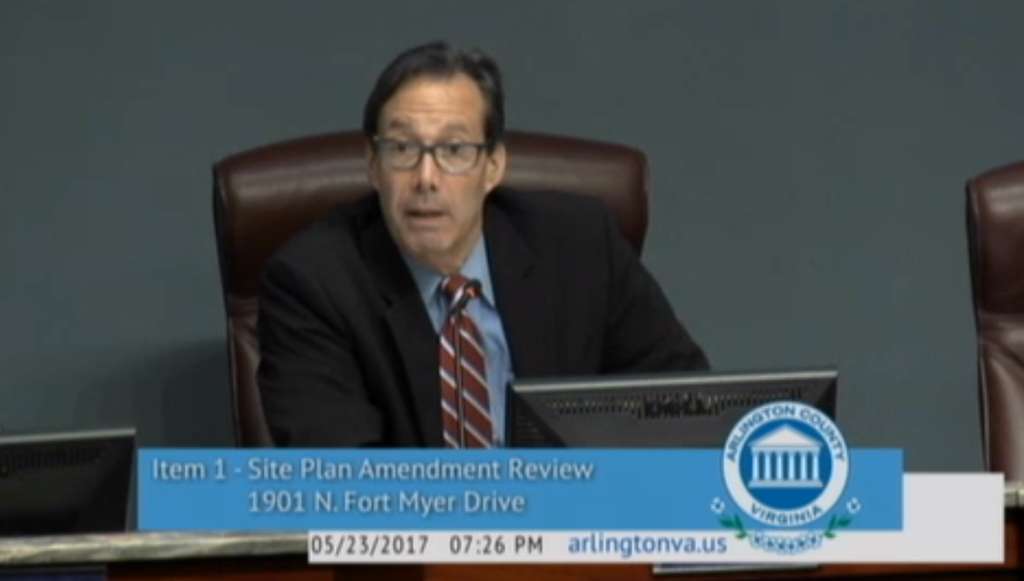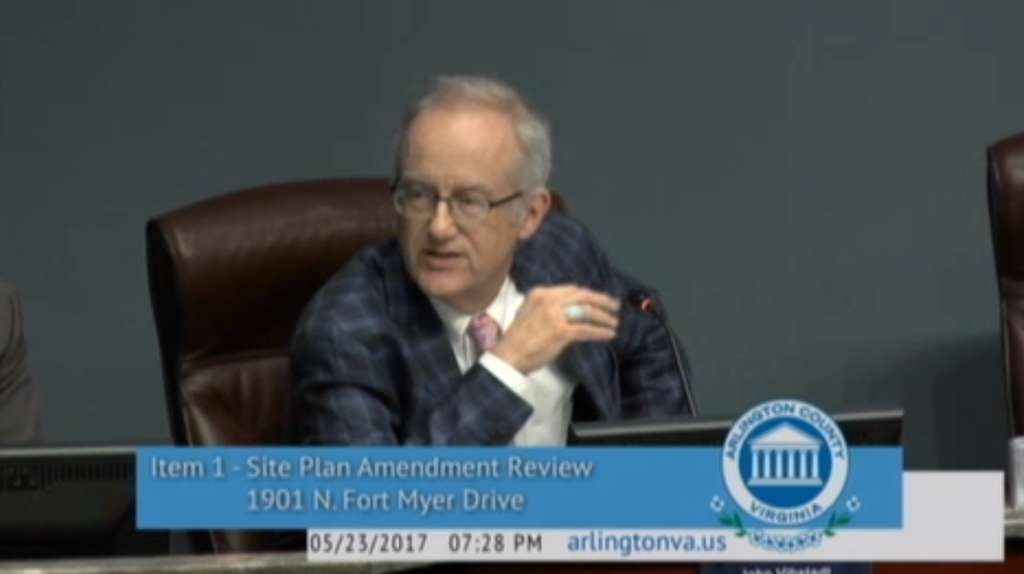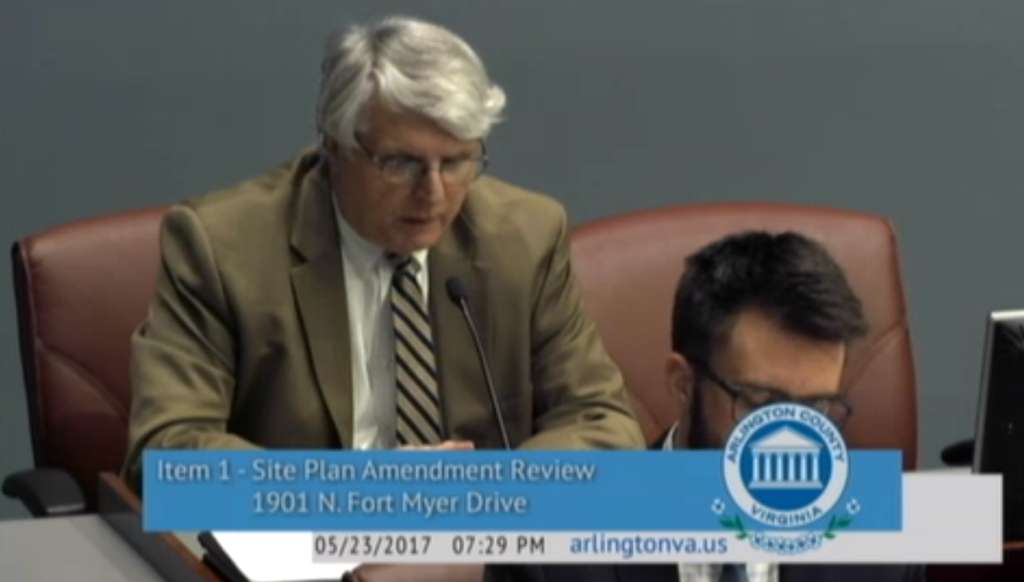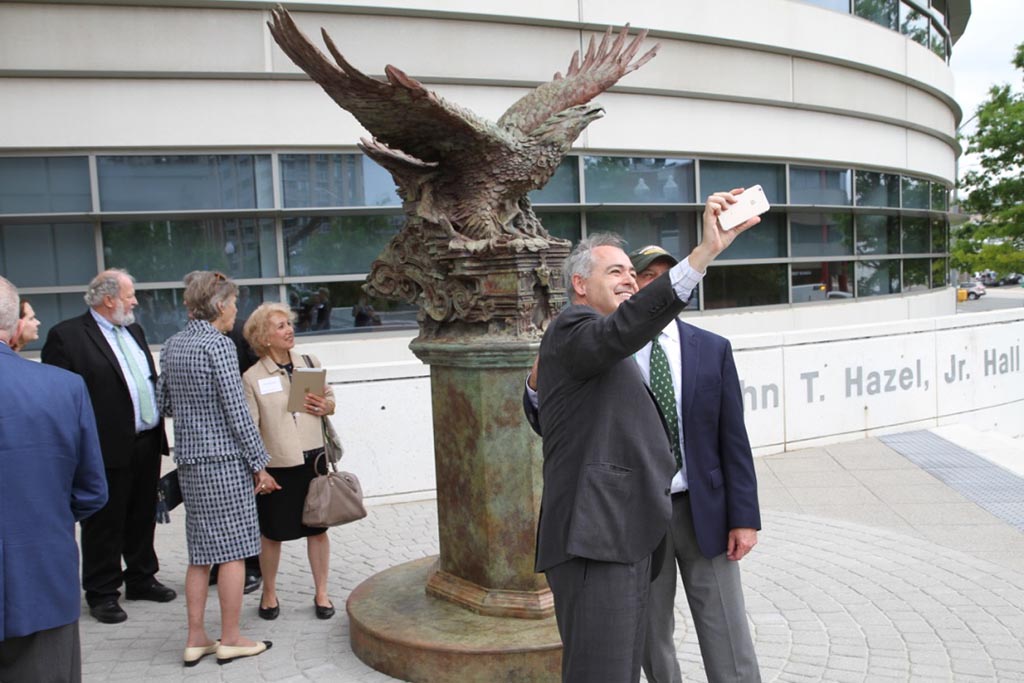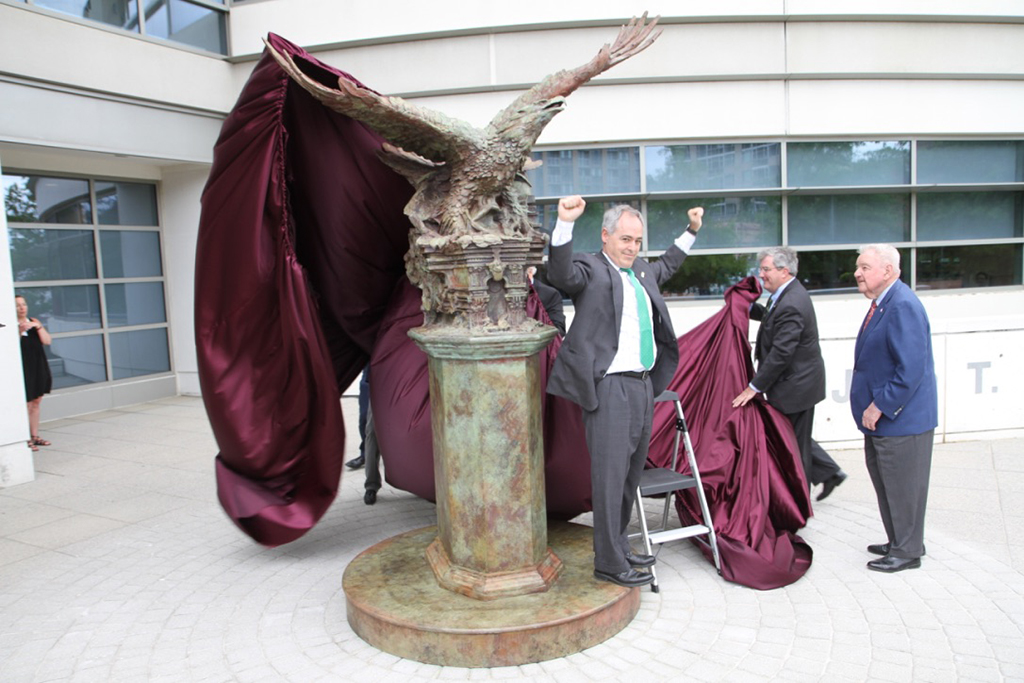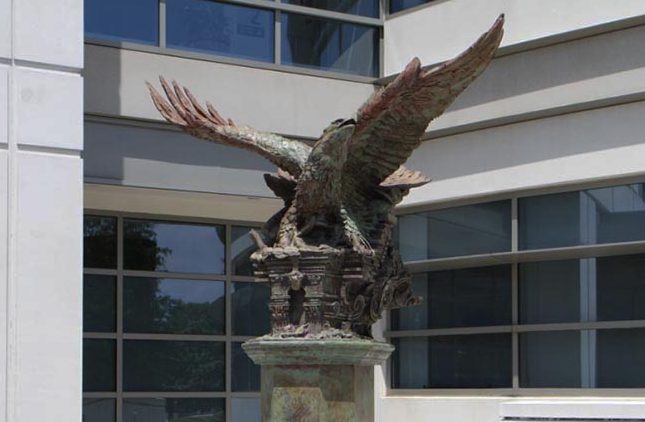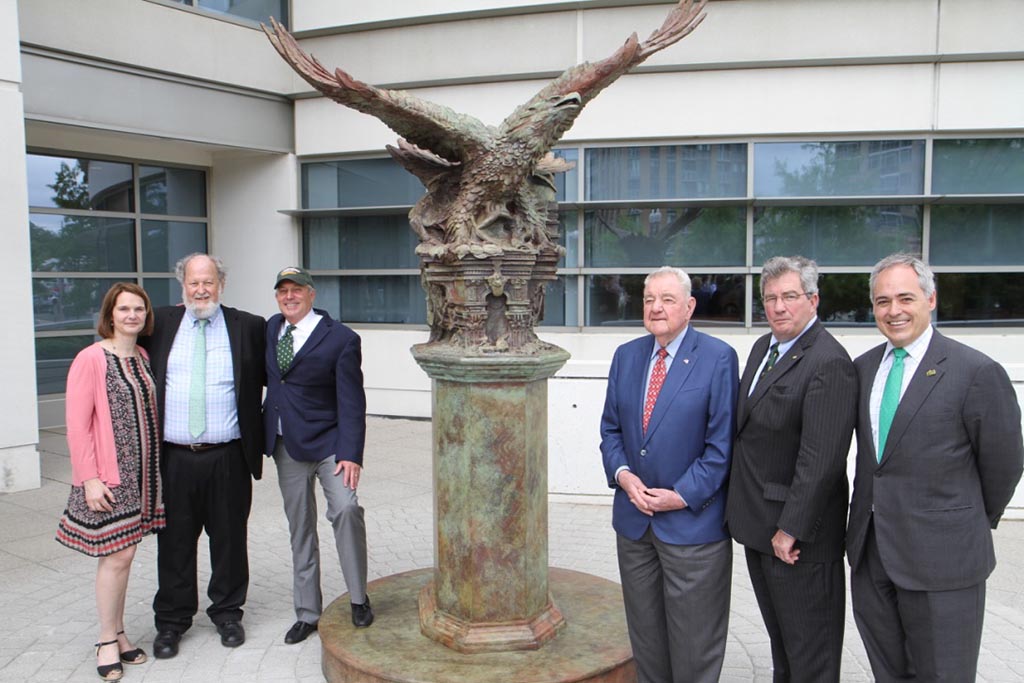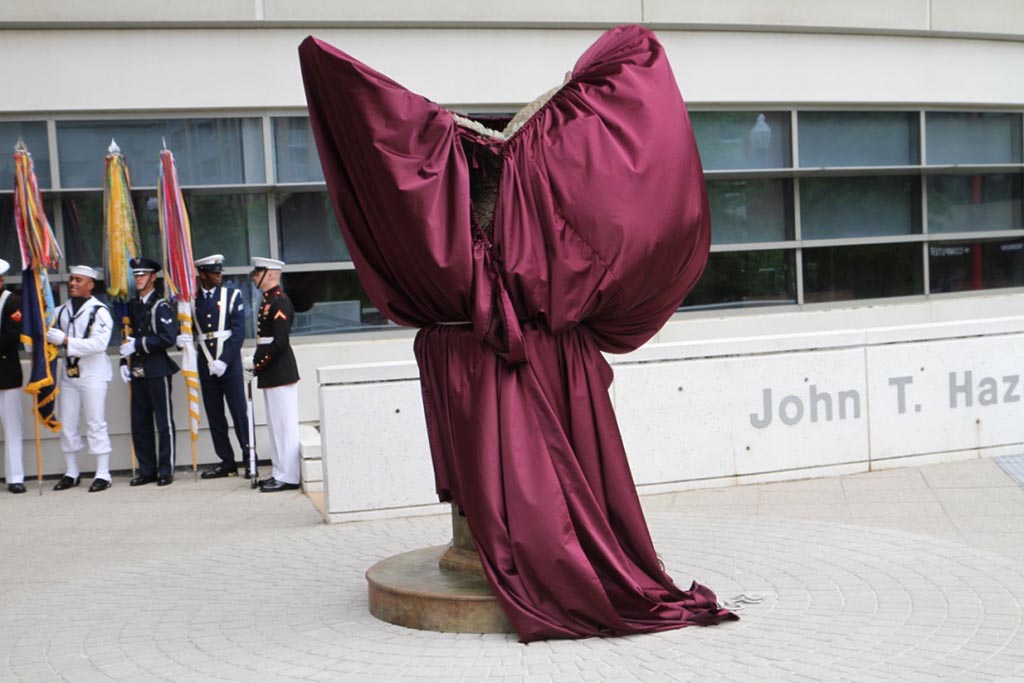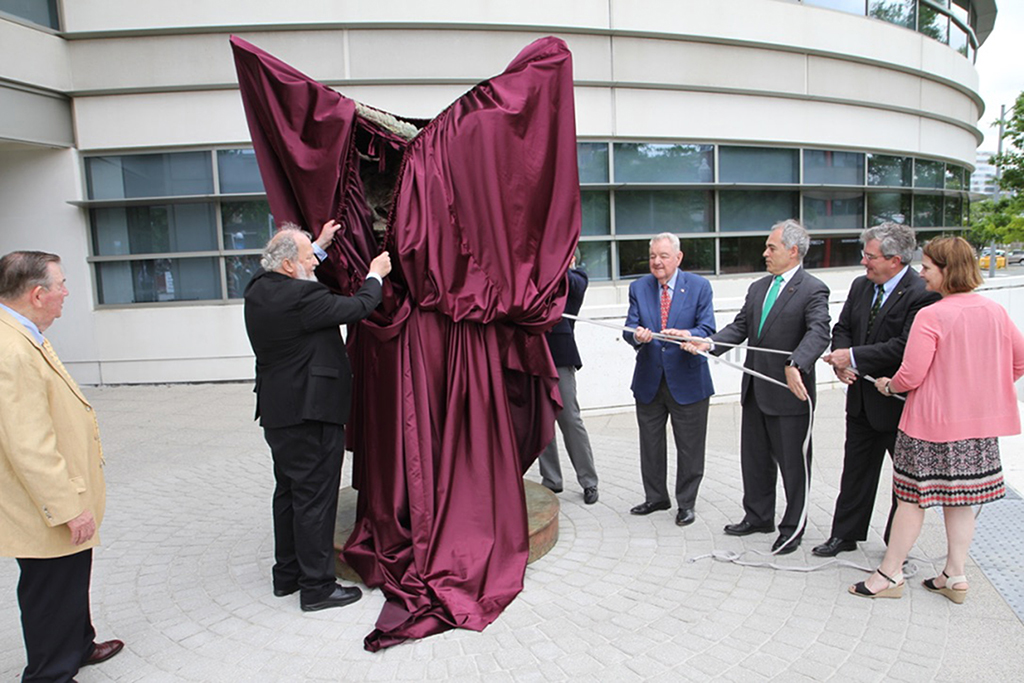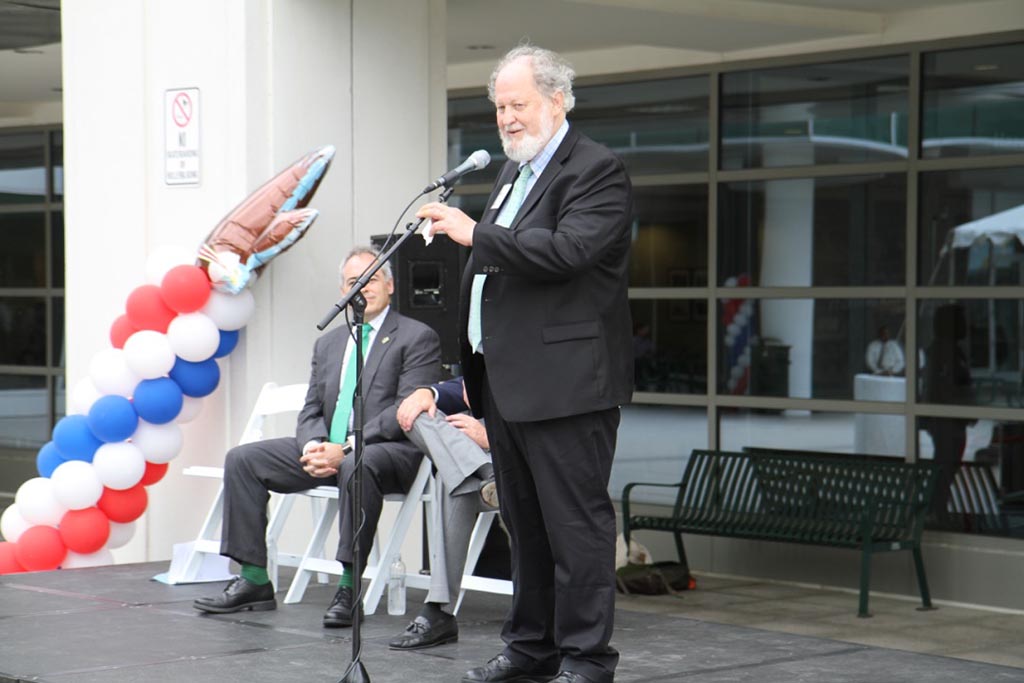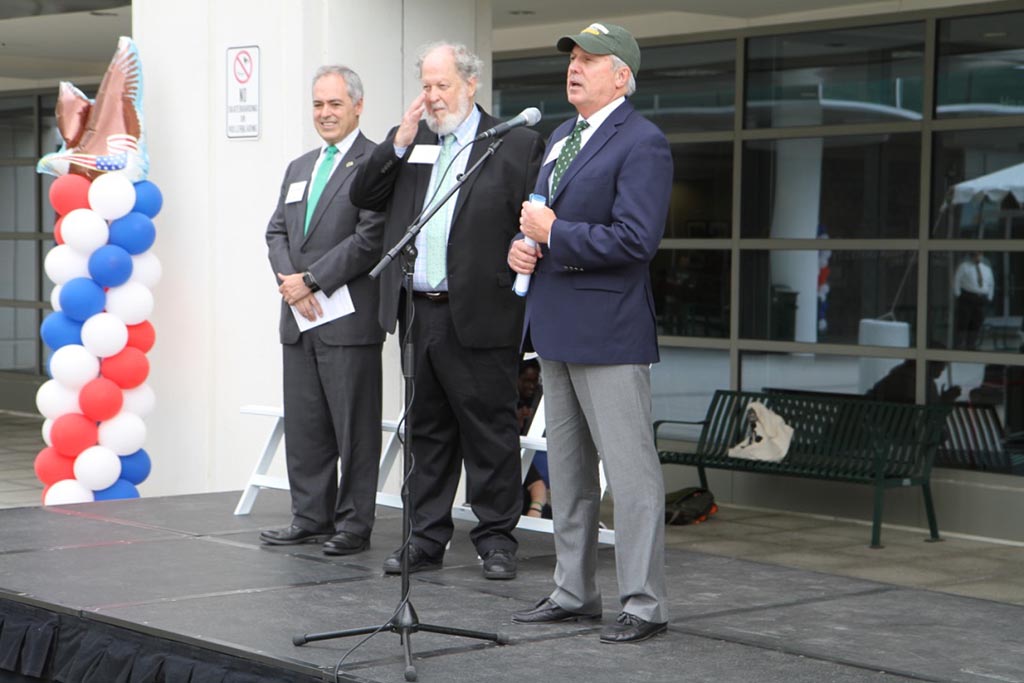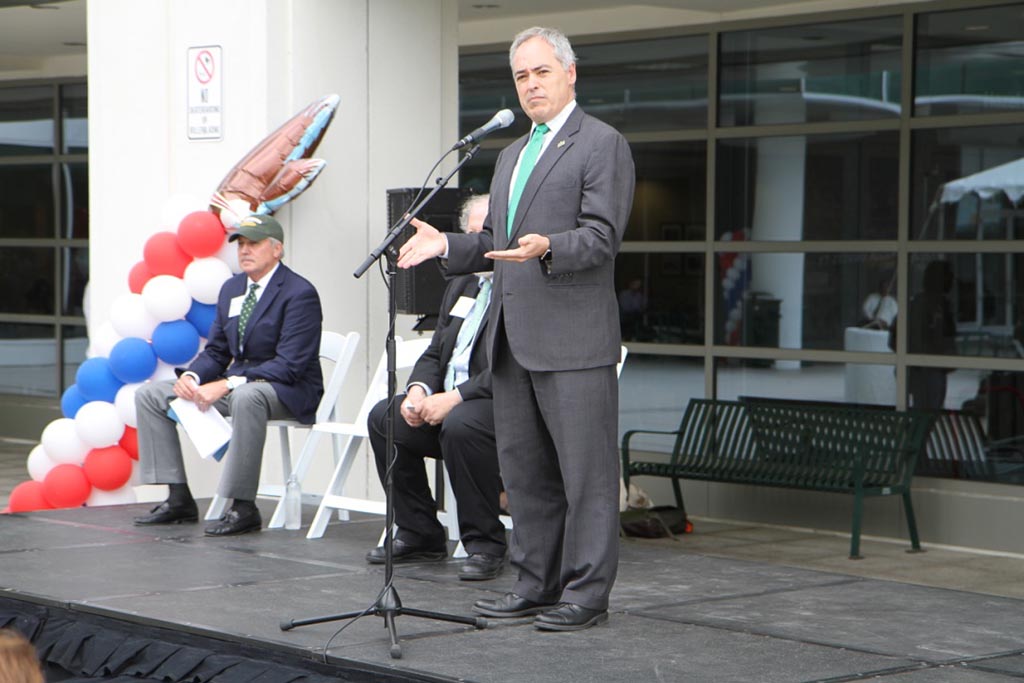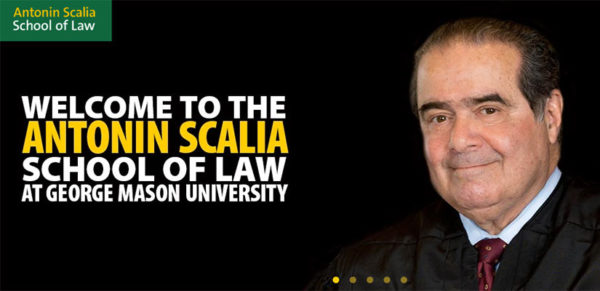By criminal defense attorney Patrick Woolley, who is barred and practices in the state of Virginia, with Price Benowitz LLP.
Non-hallucinogenic medicinal marijuana, or cannabidiol, continues to gain legislative and medical support for its use in combating nausea and pain. Legislators in Virginia are considering a bill that would allow physicians to broadly prescribe cannabidiol (or cannabis oil, as it is commonly known) for any medically-diagnosed condition.
Cannabis oil has gained popularity recently as studies have shown the efficacy of marijuana in pain treatment. As there has been no corresponding increase in support for legalization of marijuana at a federal level, doctors and scientists have attempted to come up with alternative ways of delivering the benefits of marijuana in a form that does not run afoul of current federal laws.
Unfortunately, cannabis oil is considered a “Schedule 1” narcotic by the Drug Enforcement Agency (DEA), meaning that from a federal standpoint, its production and distribution are illegal. However, many producers of cannabis oil claim that their products are derived from the hemp plant, making it legal.
Laws related to the possession, use, production and distribution of marijuana and any of its extracts currently vary from state to state. Several states have completely legalized the use of marijuana. Others still ban it completely, even when only used medicinally. Still others allow medicinal use but not recreational use.
“The state of the law related to marijuana and its derivatives throughout the United States is in an incredible amount of flux,” said Patrick Woolley, a criminal defense attorney in Virginia. “It is incumbent upon individuals who are looking to use cannabis oil or other products to ensure that use and possession of those items will not put them in serious legal jeopardy.”
What does this mean for a Virginia resident seeking to use cannabidiol for medical purposes? Currently, Woolley said, the use of cannabis oil is still illegal, even for medicinal purposes. If the proposed law passes, “the use of cannabis oil with a doctor’s prescription would be legal, but possession without a prescription would still be a crime,” said Woolley.
Additionally, possession of any other marijuana derivative, or marijuana itself, would not fall under the protections of this law.
Virginia residents who do avail themselves of any new Virginia law related to cannabis oil should be aware that the legality of something in Virginia does not make it legal everywhere else. If you are traveling to another state or another country, you should make yourself familiar with the possession and use laws of those states and countries, as well as any state or country you may be traveling through. You can still be charged with a crime in another state.





